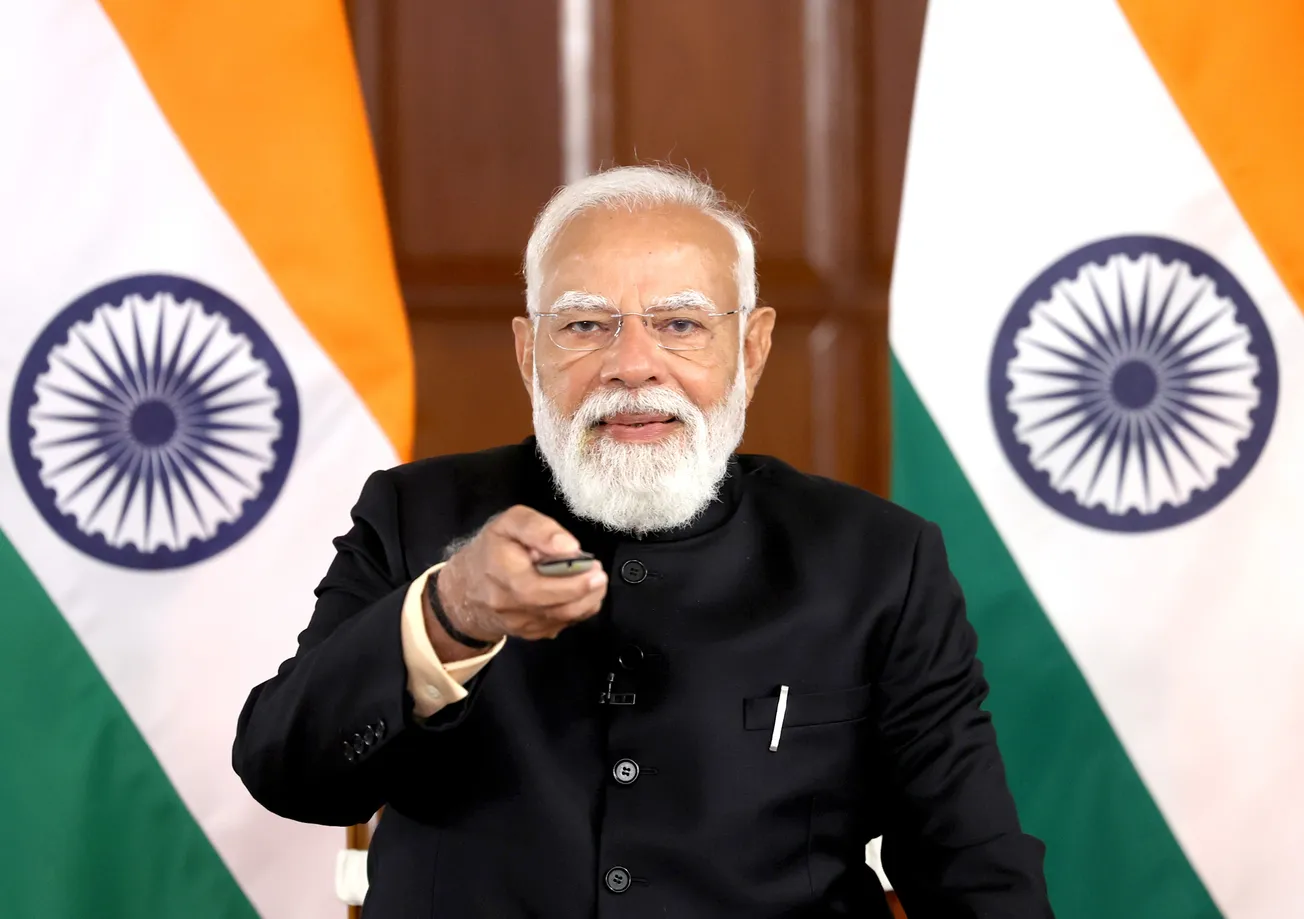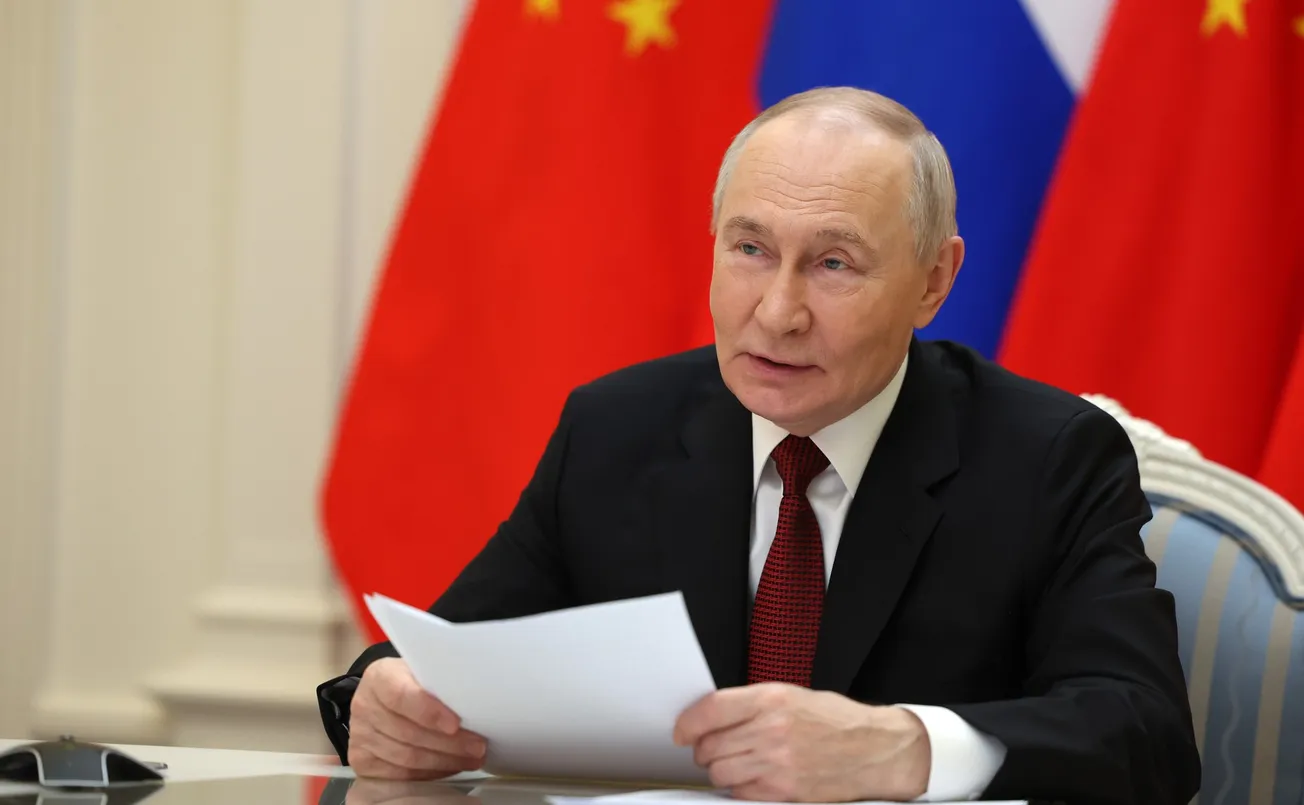Jeffrey Sachs issued two powerful blasts at the dying unipolar world this week—one in an interview with Tucker Carlson on Feb. 19 and another to the European Parliament on Feb. 20.
Sachs has been very critical of Donald Trump, but he is hopeful and supportive of the dramatic reestablishment of diplomacy between the U.S. and Russia which Trump has forged. Sachs said that the Feb. 18 U.S.-Russia meeting in Riyadh was “the most important day for peace in maybe decades.”
He reviewed the role of the U.S. in the failure to act on the potential for peace after the fall of the U.S.S.R., the expansion of NATO, the coup in 2014 in Ukraine, and the failed NATO/Ukraine war against Russia. He praised the statements by Defense Secretary Pete Hegseth and Secretary of State Marco Rubio this past week as the first truthful statements in years—that Ukraine will not join NATO (Hegseth), and that we live in a multipolar world (Rubio). Sachs said he told the European leaders that they would get trapped if they followed the U.S. against Russia, that “this was a game for the U.S., but life or death for the Russians.” He added that only Hungarian Prime Minister Viktor Orban saw this.
He praised the 1960 book by J. William Fulbright called Arrogance of Power, which he said describes the Western policies since then. He described his role in helping Poland after the collapse of the U.S.S.R., convincing the U.S. to help them with funds for stability, but that the U.S. flatly rejected similar help for Russia—a foolish decision, with such foolish decisions being repeated over and over during the past 35 years. He pointed to the insanity of the Zbigniew Brzeziński policy to take over Ukraine to fight Russia.
On the Middle East, Trump and Witkoff had forced the ceasefire, and if Trump, like Eisenhower, JFK and Reagan, learns to “stop,” he will succeed, but if he goes with Netanyahu to fight Iran it will be a disaster.




